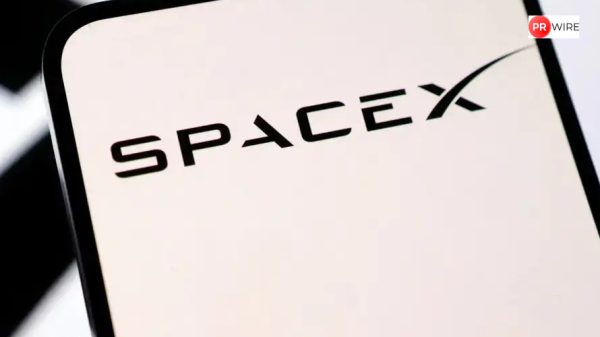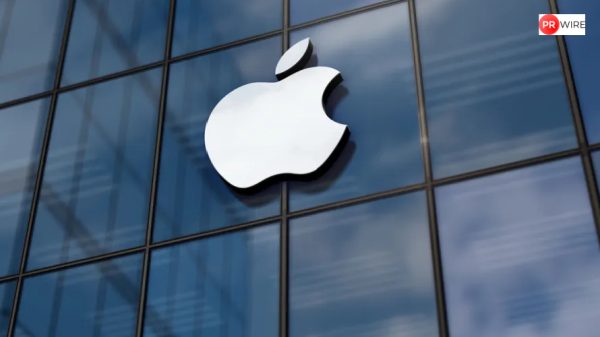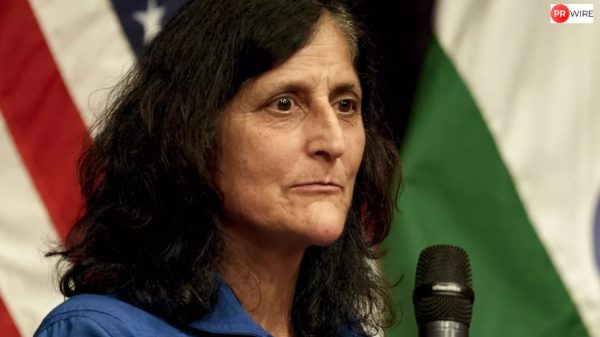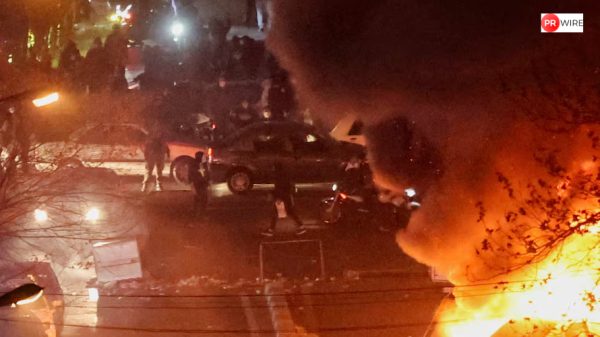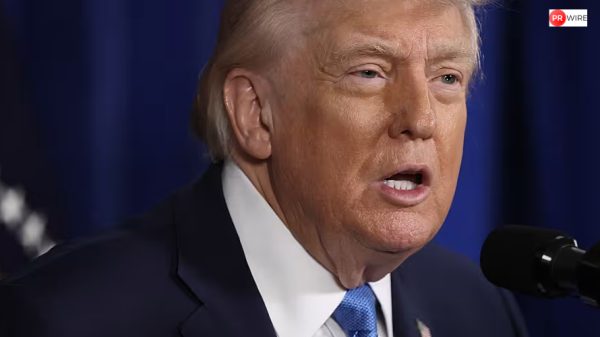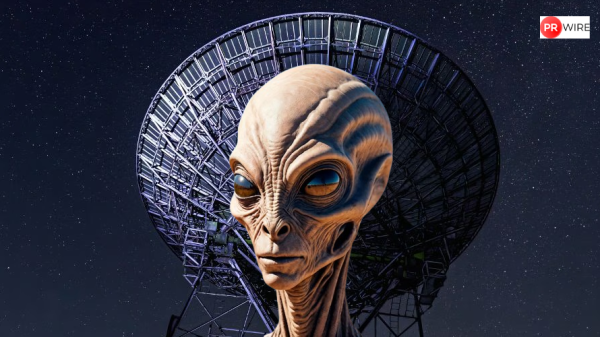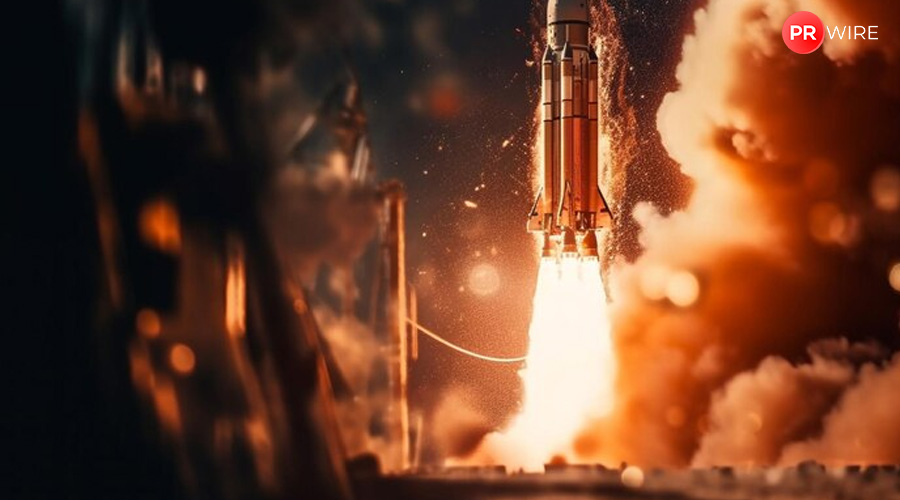Russia launched a new rocket on its third attempt this week, a much-needed success for its struggling space program after two last-minute cancellations.
The Angara-A5 carrying a test payload took off at noon Moscow time from the Vostochny Cosmodrome near the border with northeastern China in Russia’s Far East, the Interfax news service reported Thursday. The Orion upper stage of the heavy-launch rocket reached orbit 12 minutes later, according to Interfax.
The mission is only the fourth launch of the Angara-A5 rocket since its debut in 2014 and the first at Vostochny, which opened in 2016 as Russia’s first commercial launch facility and has infrastructure for bigger payloads.
Russian space corporation Roscosmos originally planned on launching the rocket on Tuesday but scrapped the mission about one minute before liftoff due to equipment failure.
Another attempt on Wednesday was called off, according to the state-run Tass news service, which reported loudspeakers at Vostochny instructed work supervisors to prepare for a 24-hour stoppage.
In March, issues with an electrical power system forced Russia to cancel just seconds before takeoff the launch of a Soyuz rocket scheduled to take crew members to the International Space Station, the first such last-minute cancelation of a crewed Russian spacecraft. The mission lifted off successfully two days later.
The Angara-A5 is part of a new family of Russian rockets using kerosene and liquid oxygen, propellants that are more environmentally friendly than those used by older-generation Proton rockets, according to Tass.
The ability to launch from Vostochny is a critical part of the Kremlin’s strategy to adopt the Angara-A5 and phase out the Proton, an older series of rockets that launch from Baikonur, the Soviet-era spaceport in neighboring Kazakhstan that Russia has continued using since the demise of the USSR.
Roscosmos aims to more than double its total number of rocket launches to more than 40 this year, Roscosmos head Yury Borisov said in an interview with Russian-language website ProKosmos in February.
Once one of the world’s top launchers of satellites, Roscosmos has suffered from sanctions and boycotts related to Russia’s February 2022 invasion of Ukraine.
The Russian space program took another blow last August when a lunar probe, the country’s first since the collapse of the Soviet Union, crashed onto the surface of the moon.
The article originally appeared on Deccan Herald.



